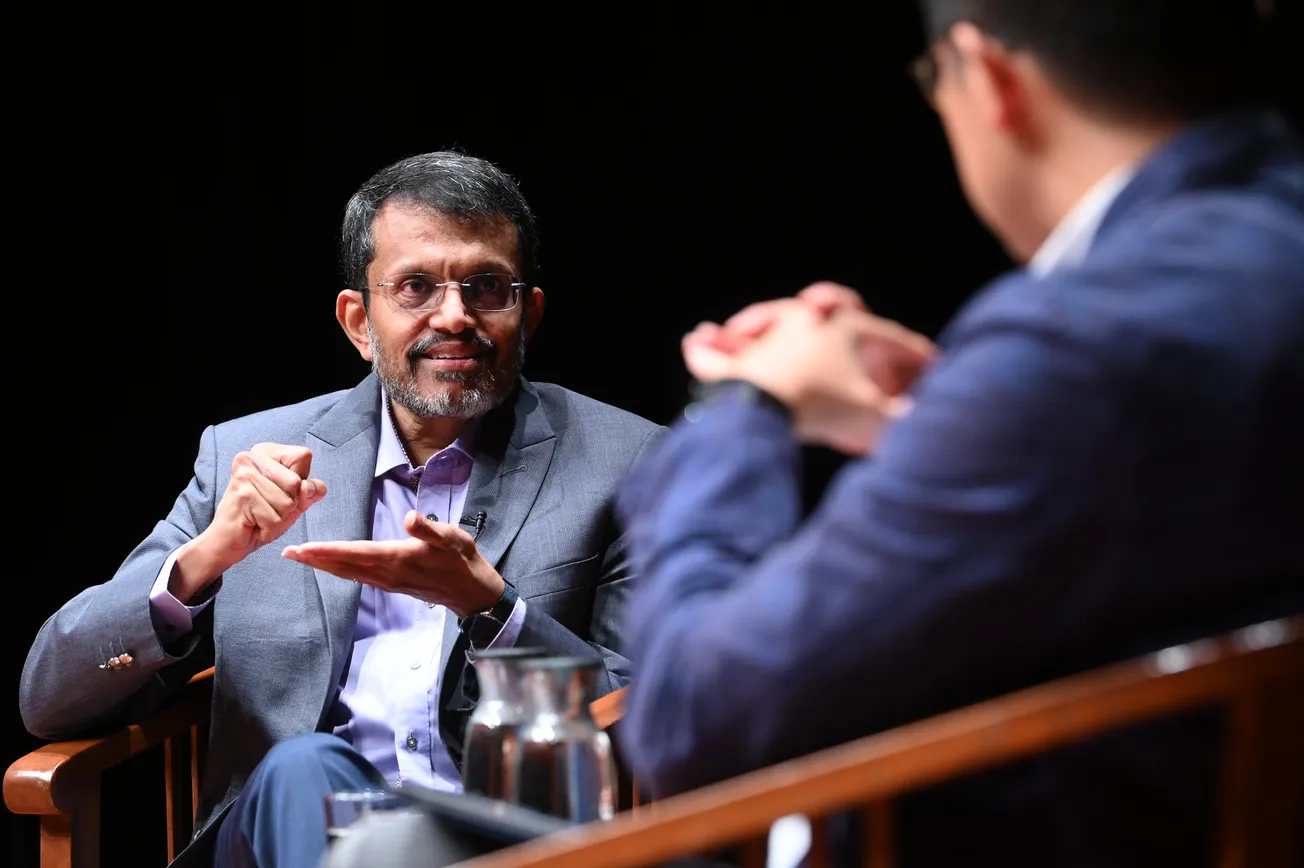Table of Contents
Ravi Menon, managing director of the Monetary Authority of Singapore (MAS), is set to leave the central bank and regulator late this year, after holding the position since 2011.
Menon's former deputy, Chia Der Jiun, is tipped to be his successor when the MAS chief's term ends on 31 May.
Chia is the Ministry of Manpower's permanent secretary for development – a role he took in 2020 after serving the MAS for 16 years.
Singapore’s Public Service Division – in charge of appointing top leaders across the city’s public agencies – said it has "no information to provide at this moment" regarding Menon's resignation.
Menon's next step also remains a mystery. Whilst his predecessors Heng Swee Keat, Tharman Shanmugaratnam and Richard Hu joined politics after their MAS stint, Menon previously said he has “absolutely no intention to enter politics.”
In November 2022, Menon spoke at the Singapore Fintech Festival with a speech titled “FinTech in its Element: Water, Metal, Fire, Wood, Earth.”
His talk applied wuxing – a conceptual scheme in Chinese philosophy and the building blocks for feng shui used to describe interactions and relationships between phenomena.
Menon tied the elements and their characteristics to five desired outcomes for fintech sector: instant remittance, atomic settlement, programmable money, tokenised assets, and trusted sustainability data.
“[They] remind us that everything we do in Finance, Technology, and FinTech must have a larger purpose. We want to expand economic opportunity, enhance social inclusion, reduce risks, and protect our planet,” Menon said.
Read more: MAS’ Ravi Menon Invokes Wuxing in Vision for Fintech
Calling crypto winter an opportunity for “overdue cleansing of unsustainable business models, highly risky practices, and unviable use cases,” Menon said he expects the digital asset industry to emerge leaner and stronger.
His successor will certainly have his work cut out for him, particularly in the fast-moving digital assets space, where Singapore is facing increasing competition with regulators abroad in providing clarity their approach to the space. This is already seeing effects in terms of where crypto-related companies are choosing to base their operations, and regional rival Hong Kong is fast emerging as a preferred location, given local authorities' embrace of Web3.
Related: Hong Kong Launches Web3 Institute With Tacit Support of Beijing
In the United States, the Securities and Exchange Commission (SEC) has been tightening its grip on the crypto industry, taking on the likes of SushiSwap, Coinbase, Ethereum, Do Kwon, and Justin Sun, and even battling the Commodity Futures Trading Commission (CFTC) over crypto-related issues.
Read more: SEC Chair Gary Gensler to Testify Over Crypto Asset Approach
The world of Web3 can be quite a whirlwind. Whether it’s crypto news in Singapore, South East Asia or even across the globe, we understand how busy the industry is keeping you, so we kindly send out three newsletters each week:
- BlockBeat for a wrap-up of the week’s digital assets news
- Blockhead Brief for weekend happenings as well as what to look forward to in the week ahead
- Business Bulletin for macroeconomic updates and industry developments.
To avoid FOMO and access member-only features, click here to subscribe for FREE.








